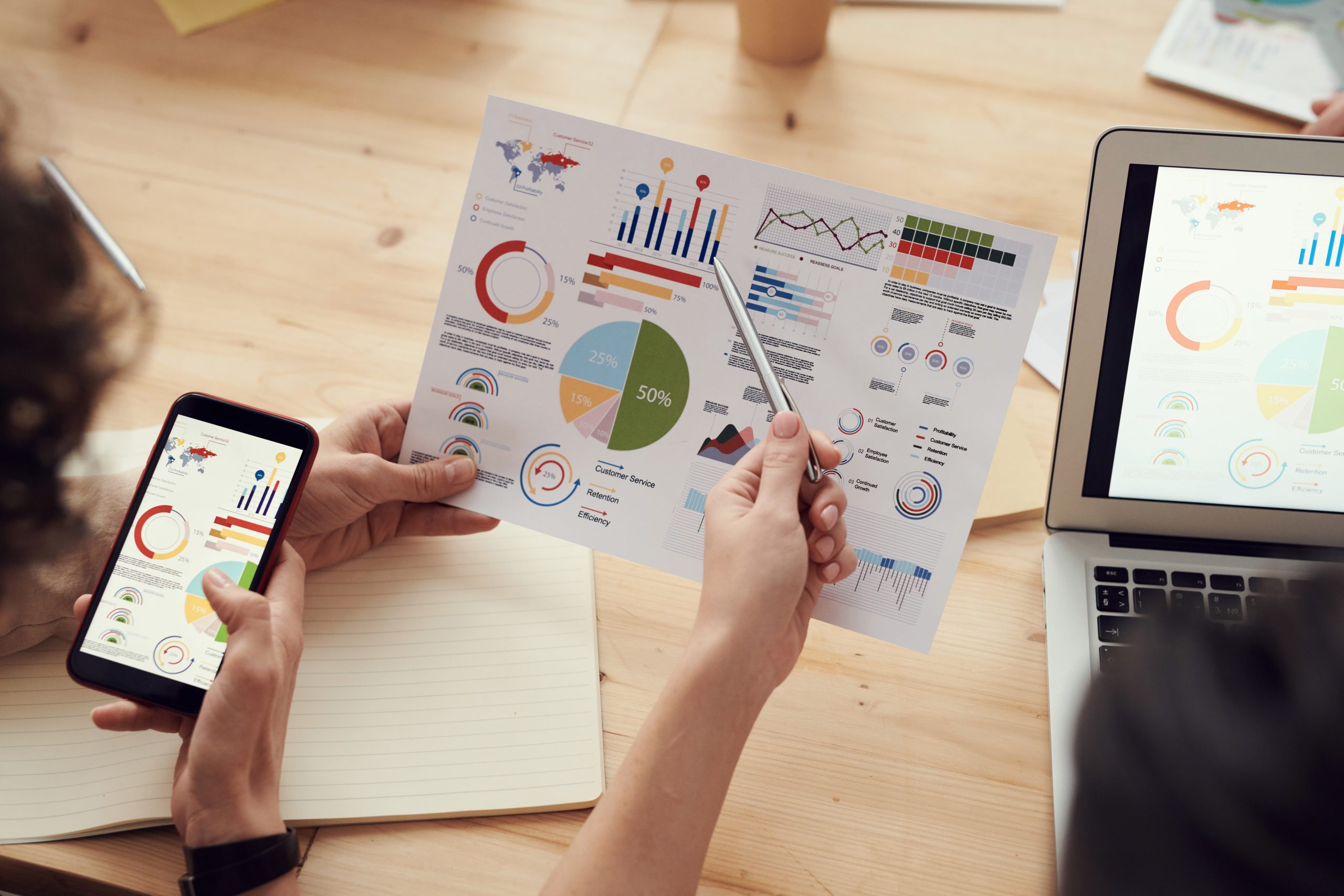Strategic Sustainability Communication: Transparency and Credibility as Sine Qua Non

Last fall, a Berlin-based organic supermarket chain advertised: “We were already sustainable when you were still taking drugs.” Sustainability had been part of the company’s identity and strategy since its founding. The provocative advertising slogan was an attempt to set itself apart from its competitors as a pioneer.
After all, it has now become almost impossible to enter a supermarket without encountering products and corporate philosophies that claim sustainability as their own. So it’s not surprising that companies are trying to stand out from this crowd. But you don’t have to be a pioneer in sustainability to do so.
Connect with Dr. Sebastian Schwark and Nils Napierala on LinkedIn
Sustainability as a former niche topic
For a long time, sustainability and sustainable business were terms that mainly appeared in niche discussions. It was relatively easy to trace the meaning of sustainability, which a company defined for its business activities and identity.
First and foremost, this was communicated by companies for which sustainability as a normative aspect played a decisive role in corporate strategy. In this way, they served a relatively small target group, but one that promised a fixed and loyal customer base. However, sustainability as a concept was hardly elaborated.
It could mean that a product was manufactured with as few negative ecological impacts as possible; it could mean that the product was produced “fairly”, by which was usually meant that producers from the global South were better paid for their work; but it could also mean that a product was particularly healthy and that as few preservatives as possible were used in its manufacture, for example.
The march of the sustainability claim
In the wake of a growing awareness of the impact of our economic activities on the environment, climate and other people, the demand to do business and consume sustainably has been growing steadily. In view of the current climatic, social and political crises, the role of companies is changing.
It is no longer about showing consumers how they can reduce their ecological footprint without having to do much themselves. Instead, it’s about the responsibility that companies bear.
Civil society, NGOs, politicians, financial markets and companies have recognized that the current challenges threaten the very foundations of our coexistence. Sustainability is no longer limited to niche products, but is increasingly becoming a prerequisite for market participation.
The openness of the concept of sustainability
The concept of sustainability has already triumphed. It has gained massive relevance in the discourse of society as a whole. Almost every company claims to be sustainable in some form or another. This creates a certain arbitrariness. If everything can be defined as sustainable, the term loses its substance.
It is true that there are clearly defined aspects of sustainability in the form of the United Nations’ Sustainable Development Goals, which have also been operationalized by various bodies for application to corporate activities. But there are no generally valid specifications about what must be fulfilled in order for a product, a service or a company to be described as sustainable. Given the high demand and low hurdles, it is therefore appealing to use sustainability as a marketing tool.
What matters now
However, given the challenges facing society and the ever-growing selection of supposedly or actually sustainable products, companies are facing an increasingly critical public. It is therefore not surprising that the supermarket chain already mentioned is trying to use its pioneering role to differentiate itself from competitors and stand out in the market. Yet, it is not a matter of when you started your sustainability commitment, but how you link it as effectively as possible with your business activities.
To stand out, it is therefore important to act and communicate in a credible and transparent manner. Sustainability has become accepted as an abstract concept. Now, the next phase of the sustainability discourse will be characterized by clearly defining how one wants to operate sustainably as a company. It will also be necessary to demonstrate how to act accordingly. Because everyone claims sustainability, ultimately only those companies that can prove this claim, will be able to retain their ‘licence to operate’.
In order to avoid simply claiming that something is sustainable, it is becoming increasingly important to explain, define, prove and describe. Sustainability communication is thus becoming more complex, but also more honest. The social effects of business activities must be recorded across all fields of action of sustainability and linked to targets as well as measures.
It is not enough to offer a product whose negative effect is small. Rather, it is crucial to analyse and evaluate its actual overall effect realistically – and to derive a strategy from this which further reduces all negative and maximizes the positive effects.
In this context, the public demands that companies make the overall social effect of their corporate activities transparent. Companies must follow the given reporting systems developed by research and certification agencies. At best, however, they can contribute to the standard-setting process by introducing their own reporting standards at the height of the discourse and keeping them up to date.
Only companies that position themselves credibly within these adaptation processes and define a strategy for how they can succeed in this transformation will have sustainable business models, a stable, good reputation and high resilience in future crises.
For business-relevant communication content like this, why not sign up for our newsletter “FleishmanHillard Quarterly”, follow FleishmanHillard Germany on LinkedIn, get to know our team on Instagram or visit our YouTube channel.
Find Out More
-
Why we tell the truth
May 23, 2022




